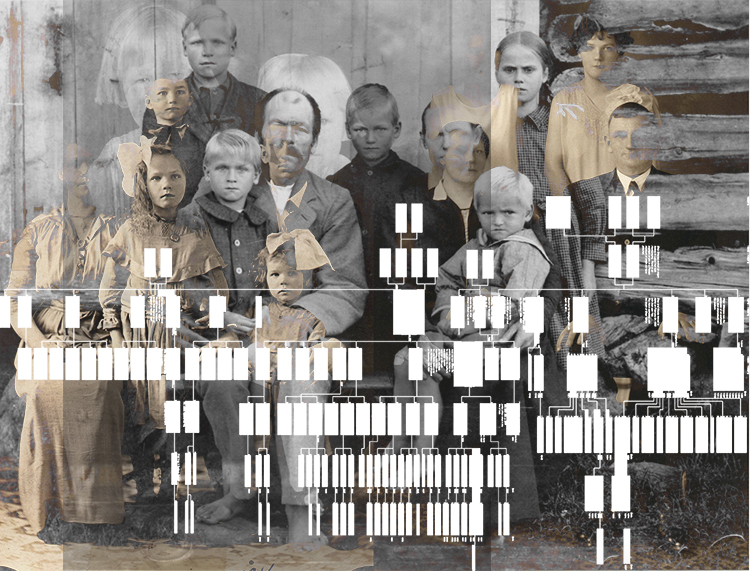Technological innovation since the 1980s has brought significant change to genealogy, introducing new tools in the form of software, digitization, online databases, genetic testing, and social networks. This has not only meant access to old records, but also the emergence of formats for digital data. The new accessibility and efficiency of genealogical research has made it a possibility for a greater number of people, ultimately propelling family history into mainstream discussion and generating more interest. However, these revolutionary digital tools also come with new problems, such as technical malfunction, reliance on imperfect systems, management of massive quantities of data, and questions of privacy. This poster presents the findings of a paper in which I examined the influence of digital technology on genealogy and its research processes, by first describing a selection of modern technologies prominently used in family history, and then analyzing their various implications in access, preservation, and ethics.
